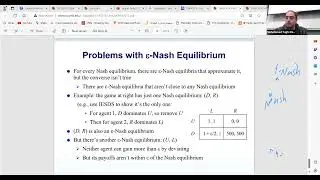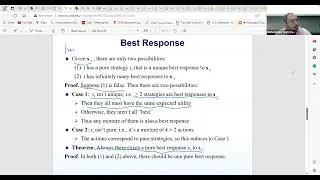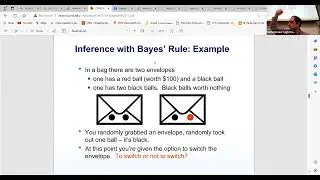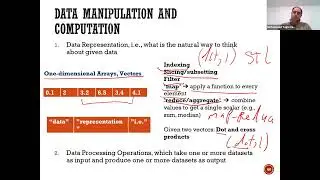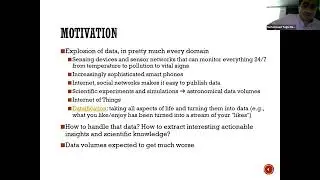Lesson 13: Principles of Data Science by Mohammad Hajiaghayi: Data Science Ethics and Best Practices
In this session, we covered the crucial topics of data science ethics, integrity, and best practices. We've previously discussed the steps involved in data science—collecting, cleaning, analyzing, predicting, and visualizing data. Today, we emphasized the importance of ethical considerations, particularly informed consent, which stems from the principle of respect for persons. This principle has long been integral to medical research, requiring Institutional Review Boards (IRBs) to ensure ethical treatment of human subjects. However, in the realm of big data, these concerns have only recently been taken seriously, as evidenced by the ubiquitous cookie consent banners on websites.
We delved into the historical context of data ethics, noting that until the late 19th century, there were few restrictions on human subject studies. However, the 20th century brought significant changes, including the need for unambiguous consent and clear explanations of potential risks when conducting research beyond mere diagnosis or treatment. Landmark ethical frameworks emphasized the necessity of voluntary participation and full disclosure of research details, setting the stage for modern ethical standards. Notable cases like the Facebook emotional experiment highlight the ongoing challenges and the need for vigilance in protecting personal information.
The session also highlighted the intersection of ethics with modern data science tools and practices. For instance, tools like D3.js and ReactJS facilitate the creation of transparent and reusable data visualizations, supporting ethical data communication. The rise of AI and machine learning has automated many data science tasks, underscoring the need for ethical oversight in these processes. The discussion underscored the importance of ongoing ethical education and adherence to best practices to ensure that data science serves the public good without compromising individual privacy or well-being.
#DataScience, #Ethics, #Integrity, #InformedConsent, #IRB, #BigData, #HistoricalContext, #ResearchEthics, #AI, #MachineLearning










